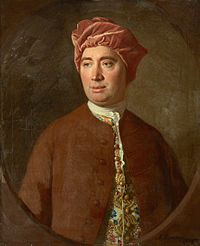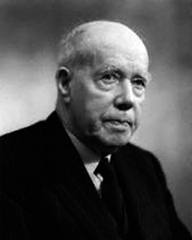
David Hume (1711-1776) was a Scottish philosopher, historian, economist, and essayist, known especially for his philosophical empiricism and skepticism. He was one of the most important figures in the history of Western philosophy and the Scottish Enlightenment.
Beginning with his “A Treatise of Human Nature” (1739), Hume strove to create a total naturalist “science of man” that examined the psychological basis of human nature. In stark opposition to the rationalists who preceded him, most notably Descartes, he concluded that desire rather than reason governed human behavior, saying: “Reason is, and ought only to be the slave of the passions.” A Prominent figure is the skeptical philosophical tradition and a strong empiricist, he argued against the existence of innate ideas, concluding instead that humans have knowledge only of things they directly experience.
Wikipedia

Sir William David Ross (1877-1971) made significant contributions to the translation and interpretation of the works of Aristotle and to moral philosophy. His work in ancient philosophy, especially his various commentaries on Aristotle, is still considered to be of the highest caliber. Many believe that Ross’s work in this area is his most valuable contribution to philosophy. However, his main writings on moral philosophy are of lasting if not equal value. His “The Right and the Good” is arguably one of the most important works of moral philosophy published in the twentieth century. Although Ross’s view appeared to suffer at the hands of critics in the middle and late parts of the last century, recent interest in normative and meta-ethical intuitionism has sparked a renewed respect for and admiration of his unique contribution to ethics.
Stanford Encyclopedia of Philosophy